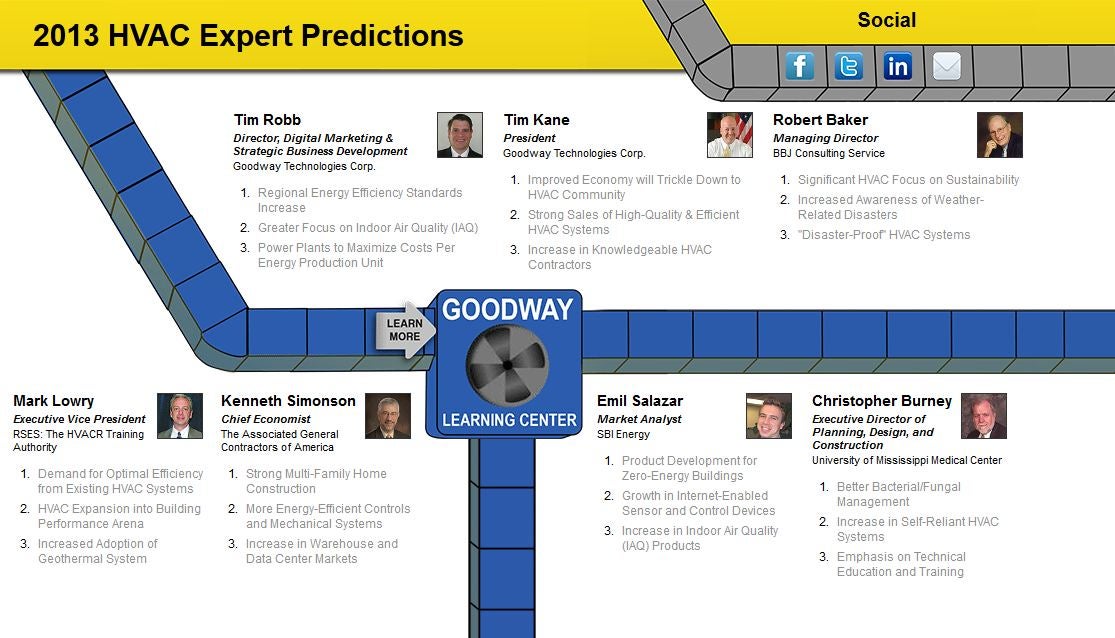The Future Of Home Heating - Just How Heat Pump Modern Technology Is Developing
The Future Of Home Heating - Just How Heat Pump Modern Technology Is Developing
Blog Article
Content Created By-Skaaning McCormick
Heat pumps will be a crucial modern technology for decarbonising heating. In a situation consistent with governments' revealed power and environment commitments, their international ability doubles by 2030, while their share in home heating rises to one-quarter.
They function best in well-insulated homes and depend on electrical energy, which can be provided from a sustainable power grid. Technological breakthroughs are making them extra reliable, smarter and less costly.
Gas Cells
Heat pumps use a compressor, cooling agent, coils and followers to relocate the air and warm in homes and devices. They can be powered by solar energy or electricity from the grid. They have been obtaining popularity as a result of their affordable, quiet operation and the capacity to create electrical energy throughout peak power need.
Some business, like IdaTech and BG MicroGen, are working with gas cells for home heating. These microgenerators can change a gas boiler and create several of a residence's electrical demands with a link to the power grid for the remainder.
But there are reasons to be unconvinced of using hydrogen for home heating, Rosenow claims. It would be pricey and inefficient compared to other innovations, and it would include in carbon emissions.
Smart and Connected Technologies
Smart home modern technology allows property owners to link and manage their tools remotely with using mobile phone applications. For example, clever thermostats can learn your home heating choices and instantly adapt to maximize power usage. Smart lights systems can be controlled with voice commands and instantly shut off lights when you leave the space, decreasing energy waste. And wise plugs can monitor and manage your electric use, enabling you to determine and restrict energy-hungry appliances.
The tech-savvy home portrayed in Carina's meeting is a great illustration of how passengers reconfigure area heating practices in the light of brand-new clever home innovations. https://climatecontrolunit98653.dm-blog.com/29401361/exploring-the-environmental-advantages-of-warm-pumps-a-lasting-heating-service depend on the tools' automated functions to accomplish everyday changes and concern them as a hassle-free means of conducting their heating methods. As such, they see no factor to adapt their methods additionally in order to allow flexibility in their home power need, and interventions targeting at doing so may deal with resistance from these homes.
Electrical energy
Since heating up homes accounts for 13% of US discharges, a switch to cleaner options might make a big difference. But the technology encounters obstacles: It's expensive and needs comprehensive home improvements. And it's not always suitable with renewable energy resources, such as solar and wind.
Until just recently, electrical heat pumps were too expensive to compete with gas versions in the majority of markets. However brand-new advancements in design and products are making them more inexpensive. And better chilly environment efficiency is allowing them to function well even in subzero temperature levels.
The next action in decarbonising home heating may be using heat networks, which attract warmth from a main source, such as a close-by river or sea inlet, and disperse it to a network of homes or buildings. That would certainly decrease carbon exhausts and enable households to capitalize on renewable energy, such as environment-friendly electricity from a grid supplied by renewables. This option would be much less expensive than changing to hydrogen, a fossil fuel that needs new infrastructure and would only minimize CO2 discharges by 5 percent if coupled with improved home insulation.
Renewable Energy
As electrical power rates go down, we're beginning to see the very same fad in home heating that has actually driven electric cars into the mainstream-- but at an also much faster pace. https://www.cdc.gov/coronavirus/2019-ncov/prevent-getting-sick/disinfecting-your-home.html for impressive homes has actually been pushed additionally by new study.
Renewables make up a significant share of modern heat consumption, but have been offered minimal plan focus around the world compared to other end-use industries-- and also less attention than electrical power has. Partly, this reflects a mix of consumer inertia, divided rewards and, in several countries, aids for fossil fuels.
New innovations can make the shift easier. As an example, heat pumps can be made more power reliable by replacing old R-22 refrigerants with brand-new ones that do not have the high GWPs of their precursors. Some professionals likewise picture district systems that draw warmth from a close-by river or sea inlet, like a Norwegian fjord. The cozy water can then be utilized for cooling and heating in an area.